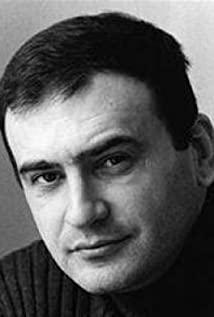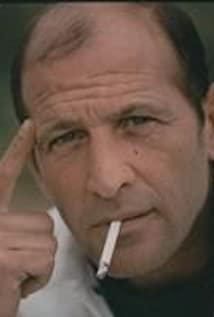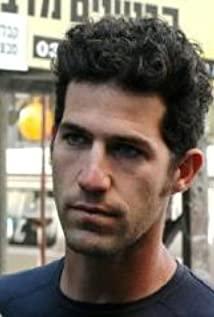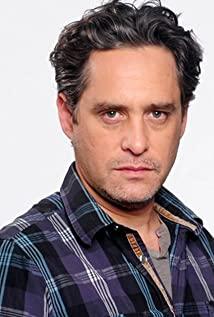In "Munich", the most impressive is the dialogue between the protagonist Avner and the Palestinian terrorists who were not aware of it at the time, which can also be regarded as the dialogue between Israel and Palestine. Spielberg gave Palestine an opportunity to express its legitimate demands and aspirations. The terrorist was able to express his desire to have their own home and country without hesitation, but as the voice of Israel, the protagonist Avner expressed There is only hesitation and suspicion, not like a Mossad agent, the leader of an assassination team. From the first fear of taking lives up close, then the protection of innocent lives, then the doubts about the guilt of those on the hit list, and finally the fear of the shadow of retribution. Spielberg's reflections on revenge are gradual and distinct, but he can't get Avner to give his own motivation for this revenge. Therefore, in Sth.'s Missing in Speilberg's Munich, the author defends Israel emotionally, and Palestine's appeal to its own homeland and country can also be a legitimate reason for Israel to rise up, but Spielberg chose to let Israel at this time silent.
Spielberg was not out of unfair favoritism, and as a Jew he could not have been so negligent. Avner's motive for revenge is expressed by two characters around him, his father and his mother. His biological mother, as well as Israel's President Golda Meir, represented the same voice that such vengeance was righteous and a must for the sweat of our country and our ancestors; and Avner's father never appeared, but His influence seems to be everywhere, affecting Avner spiritually. But neither the words of the mother figure nor the spiritual power of the father figure could justify the assassination for Avner. The director had made Avner's bewilderment visibly expressed on the plane long before he got into action. In the documentary-style recording that seems to be completed with a handheld camera, there are only a few flashbacks about the Munich Massacre in Avner's memory, which are abrupt and vivid, but in the restoration of the Munich Massacre in the title, there is no To show the sensational details in the flashback, perhaps we can assume that this is not a restoration of history, but a fiction from the protagonist. Only the sense of hurt brought by imagination can motivate him to take revenge reasonably. But why did he have to force himself to have such an imagination? The words of the mother figure are the ideology of nationalism, and the spiritual force of the absent father figure is the force of faith, the belief in the will of God.
But Avner yearns for the image of the father of the French intelligence agency. In the whole dark film, only when the more real father image appears, the picture becomes bright and warm, and the child is soft of laughter, a utopian vision.
Spielberg's "Munich" could not give his own answers to revenge and peace, perhaps because he himself did not know where the answers were. The nationalism of the mother's image and the belief in the father's image, in his view as a Jew, may actually be somewhat illusory, but sadly, they are also powerful. Even if he cannot rationalize rationally, he can only suffer from it. 's drive. From this point of view, Spielberg is not as simple as envisaged in the article Morality of Revenge, hoping to find a check and balance point for the Israeli-Palestinian conflict through compromise and negotiation integrated into the democratic track. Beneath the appearance of a seemingly neutral umpire, Spielberg's doubts about the resolution of hatred and the search for peace are deeper. What he doubts is not only the meaning of revenge, but also the motives of revenge; not only the nation The credibility of ideology and ideology, but also where is the father who is shrouded in shadows.
View more about Munich reviews











